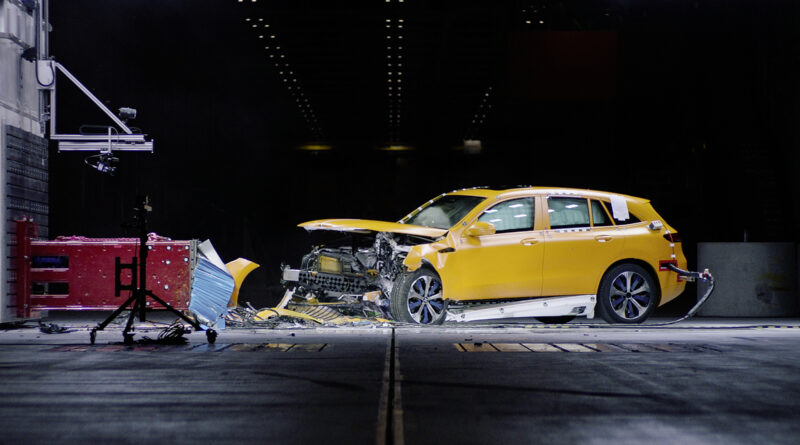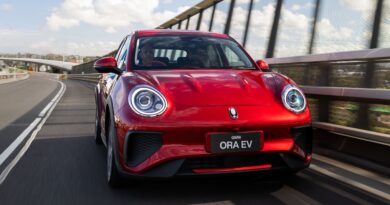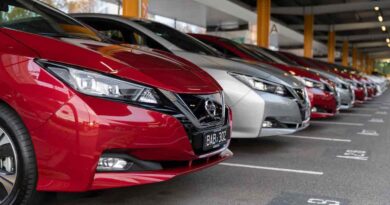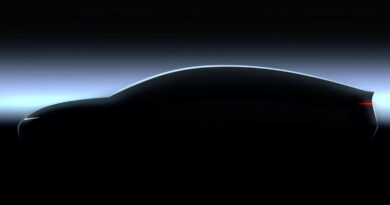Weight of EV batteries reduces injuries in a crash: IIHS
Big, heavy battery packs can lead to better crash protection, at least according to the US Insurance Institute for Highway Safety.
The non-profit “scientific and educational” organisation says “evidence is growing that electric vehicles are at least as safe as conventional ones”.
Referencing vehicle collision, property damage and injury data collected on nine models that had both EV and ICE versions in their range. In analysing crashes from 2011 to 2019, the IIHS concluded that electric vehicles were less likely to cause injury to their occupants.
“The updated data show that rates of injury claims related to the drivers and passengers of electric vehicles were more than 40 percent lower than for identical conventional models over 2011-19,” the IIHS said in releasing the latest awards for the Volvo XC40 Recharge and Ford Mustang Mach-E. The XC40 earned a Top Safety Pick+ rating while the EV SUV Mustang received a Top Safety Pick.
READ MORE: Is an electric car safe in a crash?
In explaining the lower injury rates in EV versions of cars that also had ICE models, the IIHS said that “one likely explanation is that the large batteries … make them substantially heavier than their conventional counterparts. Occupants of heavier vehicles are exposed to lower forces in multivehicle crashes.”
The IIHS noted that the XC40 Recharge was 26 percent heavier than the non-EV version of a Volvo XC40, something that gave it an advantage in occupant protection in a crash.
EVs often have battery packs weighing half a tonne or more.
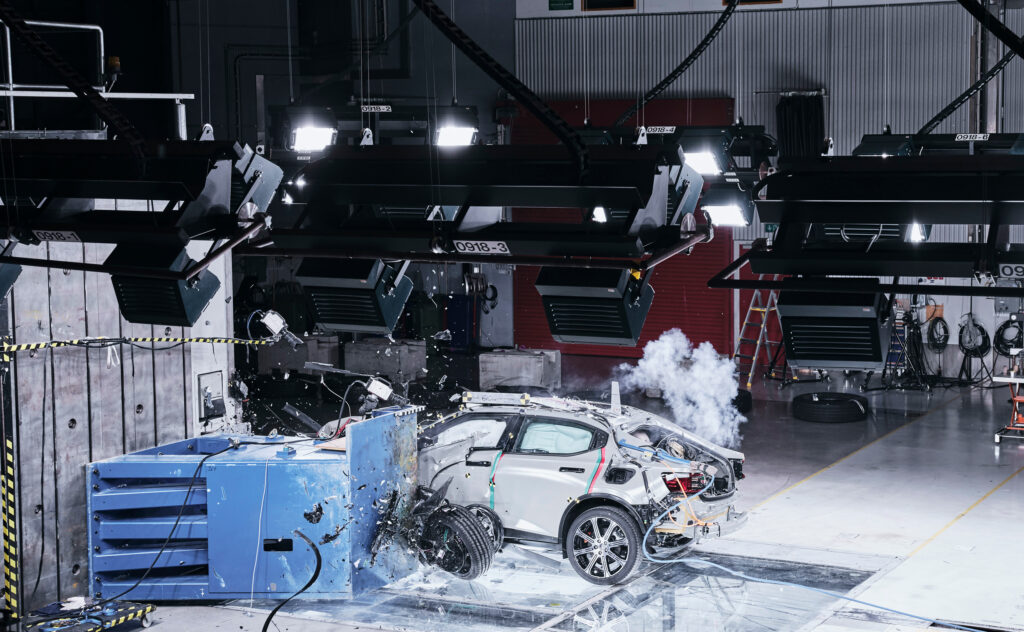
As the IIHS explains on its website, “heavier vehicles also tend to continue moving forward in crashes with lighter vehicles and other obstacles, so the people inside them are subject to less force.”
The IIHS said the data analysis is similar to that from a 2011 study that concluded the heavier weight of hybrid vehicles – which have batteries, e-motors and an internal combustion engine – made them 25 percent less likely to cause injuries in a crash.
IIHS president David Harkey suggested the results should be reassuring for those looking to buy EVs, which often make headlines and provide spectacular social media fodder when cars catch fire after a crash – despite the fact ICE cars also catch fire after crashes.
“It’s fantastic to see more proof that these vehicles are as safe as or safer than gasoline- and diesel-powered cars,” says Harkey.
“We can now say with confidence that making the US fleet more environmentally friendly doesn’t require any compromises in terms of safety.”
The IIHS made no mention of whether there was any evidence that the additional weight of EVs could have a detrimental impact on the occupants of the vehicles they collided with.

